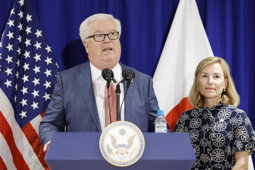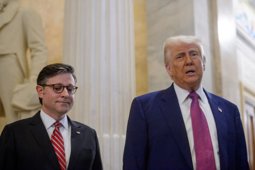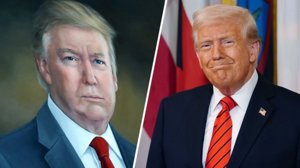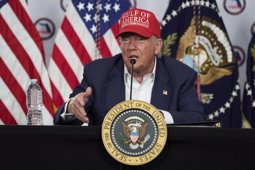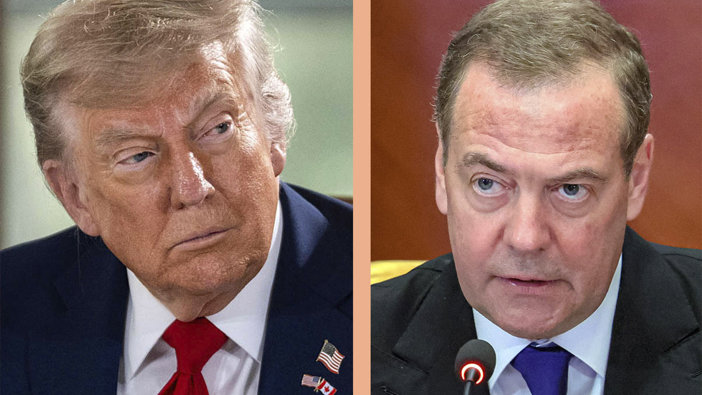
Medvedev Denies Russian Plans to Arm Iran After U.S. Strikes
Russian official rejects claims of nuclear support for Iran after Trump challenges Medvedev’s remarks post-U.S. strikes.
Medvedev Responds to Trump’s Accusations Over Nuclear Aid
Former Russian President Dmitry Medvedev has denied that Moscow intends to supply Iran with nuclear warheads, following pointed remarks from President Donald Trump in the aftermath of U.S. airstrikes against Iranian nuclear sites. The exchange comes amid heightened global scrutiny of Iran’s nuclear ambitions and the role of international actors in the region.
Medvedev, now serving as deputy chairman of Russia’s Security Council, initially commented on Sunday that Iran would continue its nuclear advancement and could receive assistance from other countries. While his statement drew immediate speculation, Medvedev clarified on Monday that Russia has no intention of providing such weapons to Tehran. “I condemn the U.S. strike on Iran—it failed to achieve its objectives,” Medvedev wrote on social media. “However, Russia has no intention of supplying nuclear weapons to Iran because, unlike Israel, we are parties to the Nuclear Non-Proliferation Treaty.”
He emphasized his understanding of nuclear issues from his tenure as Russian president, adding, “I know quite well what this would entail, having overseen our nuclear forces as president. But other countries might—and that’s what was said.” Medvedev stopped short of naming any specific nations but reiterated Russia’s commitment to international nuclear agreements.
Trump, Experts Respond to Russian Claims
President Trump seized on Medvedev’s initial remarks, questioning via Truth Social whether the Russian official was openly suggesting the transfer of nuclear weapons to Iran. “Did I hear Former President Medvedev, from Russia, casually throwing around the ‘N word’ (Nuclear!), and saying that he and other Countries would supply Nuclear Warheads to Iran? Did he really say that or, is it just a figment of my imagination?” Trump wrote, urging clarity on the matter.
Expert opinion has largely dismissed the likelihood of Russia or any country directly arming Iran with nuclear weapons. Andrea Stricker, deputy director of the Foundation for Defense of Democracies’ nonproliferation program, suggested Medvedev’s words amounted to little more than posturing. “No country, including Pakistan or North Korea, would supply atomic devices to Tehran because they would be held accountable by the United States if Iran used the weapons,” Stricker said. She added that both Moscow and Pyongyang appear to be remaining on the sidelines as Iran faces international pressure.
Aftermath of U.S. Strikes and Fragile Ceasefire
The U.S. conducted coordinated strikes on Iranian nuclear sites late Saturday, involving more than 125 aircraft, according to General Dan Caine, Chairman of the Joint Chiefs of Staff. In the wake of the strikes, President Trump announced a ceasefire agreement between Israel and Iran early Tuesday. However, tensions flared anew as both countries accused each other of violating the deal within hours.
Trump publicly expressed frustration with the ongoing hostilities, telling reporters at the White House, “I’m not happy with them. I’m not happy with Iran either but I’m really unhappy with Israel going out this morning.” He lamented the seemingly intractable conflict, saying, “We basically have two countries that have been fighting so long and so hard that they don’t know what the f--- they’re doing.”
As diplomatic uncertainty lingers, the international community remains watchful of both Iran’s nuclear trajectory and Russia’s evolving stance. The episode underscores the fragility of ceasefire efforts and the persistent complexities at the intersection of nuclear diplomacy and regional conflict.

